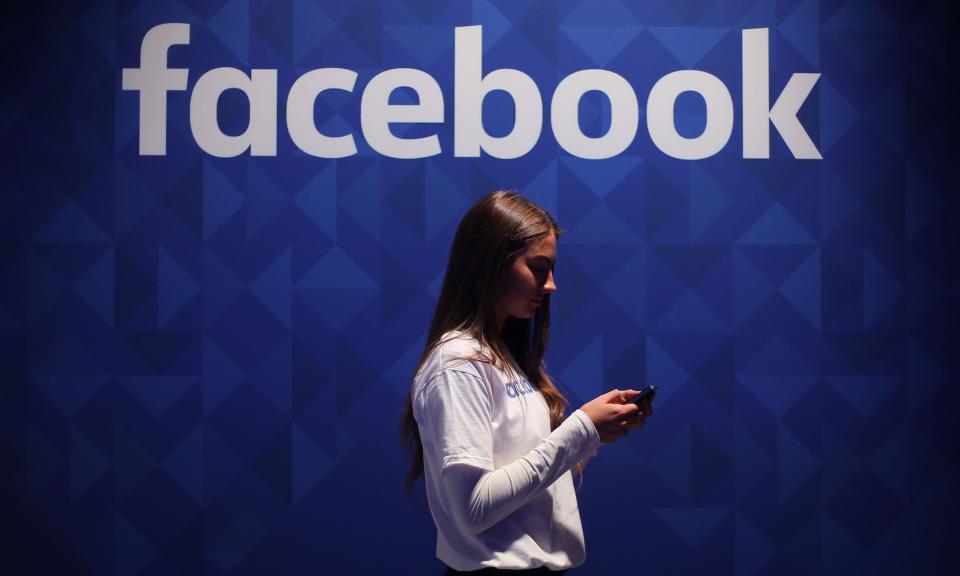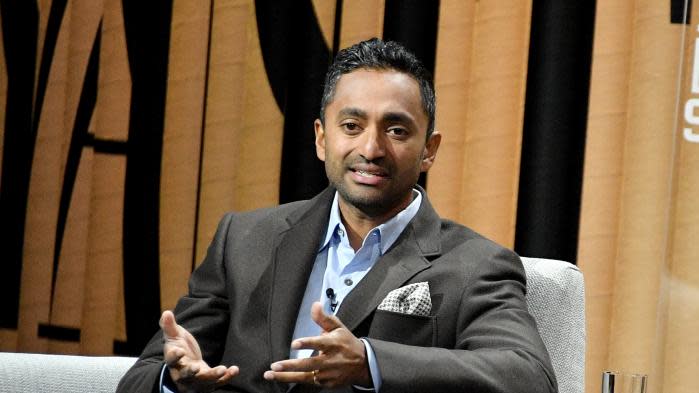Facebook ex-boss bans his kids from using it and says app is ‘ripping society apart’

A former Facebook exec has admitted that he bans his children from using the site – saying he feels ‘tremendous guilt’ for his part in creating the service now used by billions.
Chamath Palihapitiya, former vice president for user growth, said, ‘We have created tools that are ripping apart the social fabric of how society works.’
He had particularly harsh words for tools such as Facebook’s ‘Like’ button saying that social media was leaving users ‘vacant and empty’.
He was speaking at a Stanford Graduate School of Business event and urged people to take a ‘hard break from some of these tools’.

The 41-year-old added: ‘The short-term, dopamine-driven feedback loops we’ve created are destroying how society works.
MOST READ ON YAHOO UK TODAY
Labour accuses Theresa May of ‘failing the survivors’ of Grenfell Tower
Black Ice Monday: Britons face travel chaos and sub-zero temperatures grip UK
Motorists should NOT be fined for driving in bus lanes, says the AA
Three people hurt after gas explosion completely destroys house in Leicester
Britain has a new highest mountain (but you can’t climb it in the UK)
‘No civil discourse, no cooperation; misinformation, mistruth. And it’s not an American problem – this is not about Russians ads. This is a global problem.
‘We are in a really bad state of affairs right now.’
Mr Palihapitiya, whose comments were made in November but have only recently been reported, said the sites can leave users feeling ‘vacant and empty’, but went on to say that the company ‘overwhelmingly does positive good in the world’.
He said: ‘We curate our lives around this perceived sense of perfection because we get rewarded in these short term signals – hearts, likes, thumbs up.
‘And we conflate that with value and we conflate that with truth. Instead, what it is is fake brittle popularity.’
However, the social media giant has dismissed Mr Palihapitiya’s description as one of a company that no longer exists.
‘Chamath has not been at Facebook for over six years,’ a spokeswoman for the firm said.
‘When Chamath was at Facebook we were focused on building new social media experiences and growing Facebook around the world.
‘Facebook was a very different company back then and as we have grown we have realised how our responsibilities have grown too. We take our role very seriously and we are working hard to improve.
‘We’ve done a lot of work and research with outside experts and academics to understand the effects of our service on well-being, and we’re using it to inform our product development.
‘We are also making significant investments more in people, technology and processes, and – as Mark Zuckerberg said on the last earnings call – we are willing to reduce our profitability to make sure the right investments are made.’

 Yahoo News
Yahoo News 
